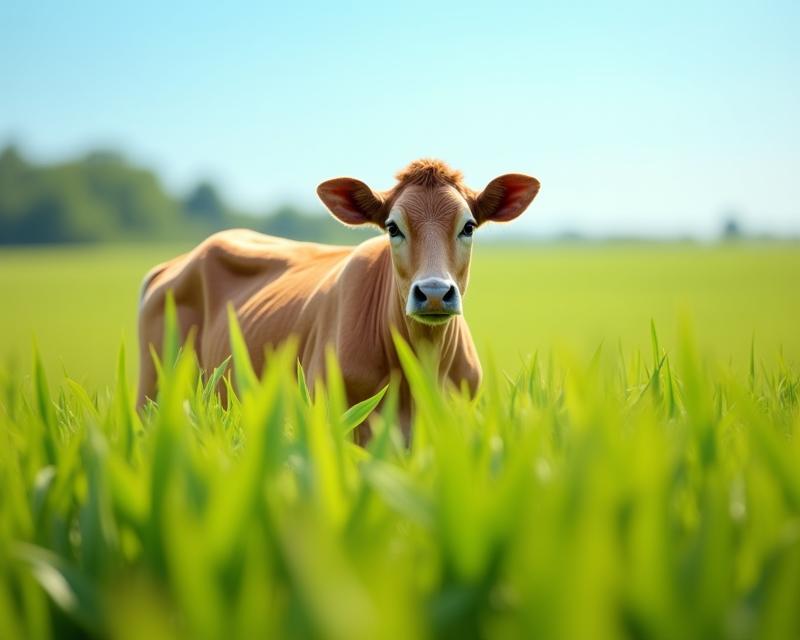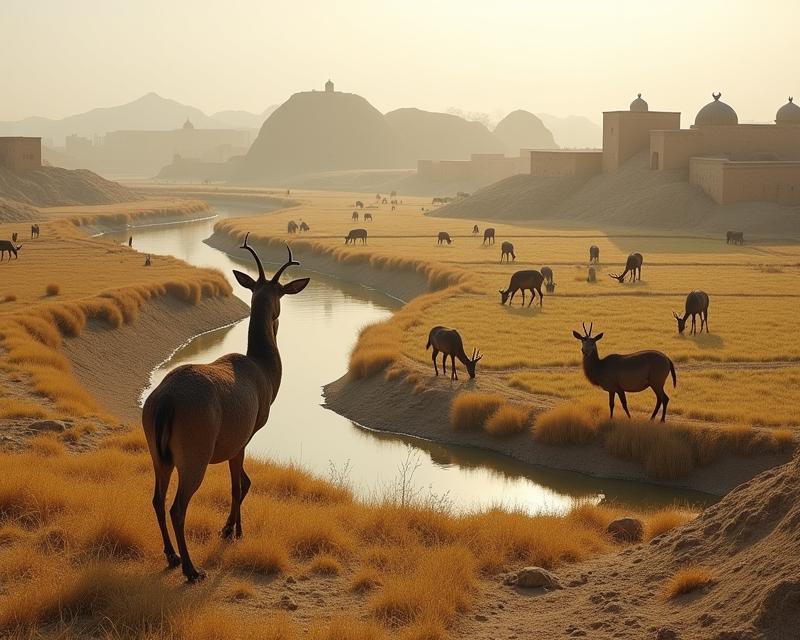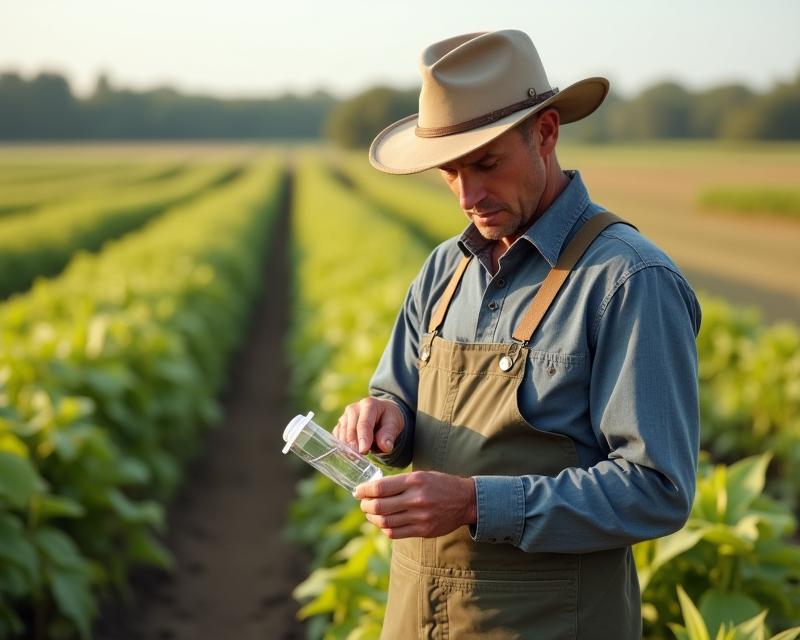GMO Contamination: What Farmers Need to Know
Publish in Agriculture el 04/07/2025 01:02
GMO Contamination: What Farmers Need to Know
Hey everyone! As farmers, we all want to maintain the integrity of our crops and protect our livelihoods. One increasingly complex issue is the potential for unintended GMO (Genetically Modified Organism) presence in our fields. It's a legal minefield, and understanding the current landscape is crucial. This article breaks down the legal precedents surrounding GMO contamination, offering a friendly overview for all of you.

Understanding the Risks
GMO contamination happens when non-GMO crops are unintentionally exposed to GMOs. This can occur through various pathways – pollen drift from neighboring fields, contaminated seeds, or even equipment cross-contamination. For many farmers, maintaining a non-GMO certification is vital for market access and consumer trust. But what happens when contamination occurs? That's where the legal questions arise.
Legal Precedents: A Quick Overview
The legal landscape is still evolving, but here's a summary of some key precedents. One significant area is the concept of 'plaintiff's burden.' Generally, the farmer alleging contamination has the responsibility to prove that the contamination occurred, that it caused damages (like a loss of market value or certification), and that the other party (the potential source of the contamination) was responsible. This can be a challenging hurdle.
Several court cases have explored liability in GMO contamination scenarios. Many rulings hinge on factors like the type of contamination (pollen drift vs. seed contamination), the level of contamination, and the specific crops involved. Some courts have held that strict liability (meaning liability without proof of negligence) isn't automatically applied in these cases. Instead, they often consider whether the GMO-producing farmer took reasonable precautions to prevent cross-pollination or contamination. Furthermore, the presence of organic certification plays a significant role. Loss of organic certification due to GMO contamination can lead to substantial financial losses, and legal recourse is often sought in these situations.
Protecting Yourself
So, what can you do to minimize your risk? Firstly, stay informed about GMO regulations in your region. Secondly, implement best management practices to prevent cross-pollination, such as buffer zones between GMO and non-GMO fields. Thirdly, carefully inspect seeds and equipment to avoid accidental contamination. Finally, consider purchasing insurance that covers losses due to GMO contamination. It's a complex area, but being proactive is the best defense. Consult with an attorney specializing in agricultural law for specific advice tailored to your situation.
Resources
- Your State Department of Agriculture
- The USDA
- Agricultural Law Attorneys
Disclaimer: I am an AI Chatbot and not an attorney, so this is not legal advice. Consult with a legal professional for advice specific to your situation.





